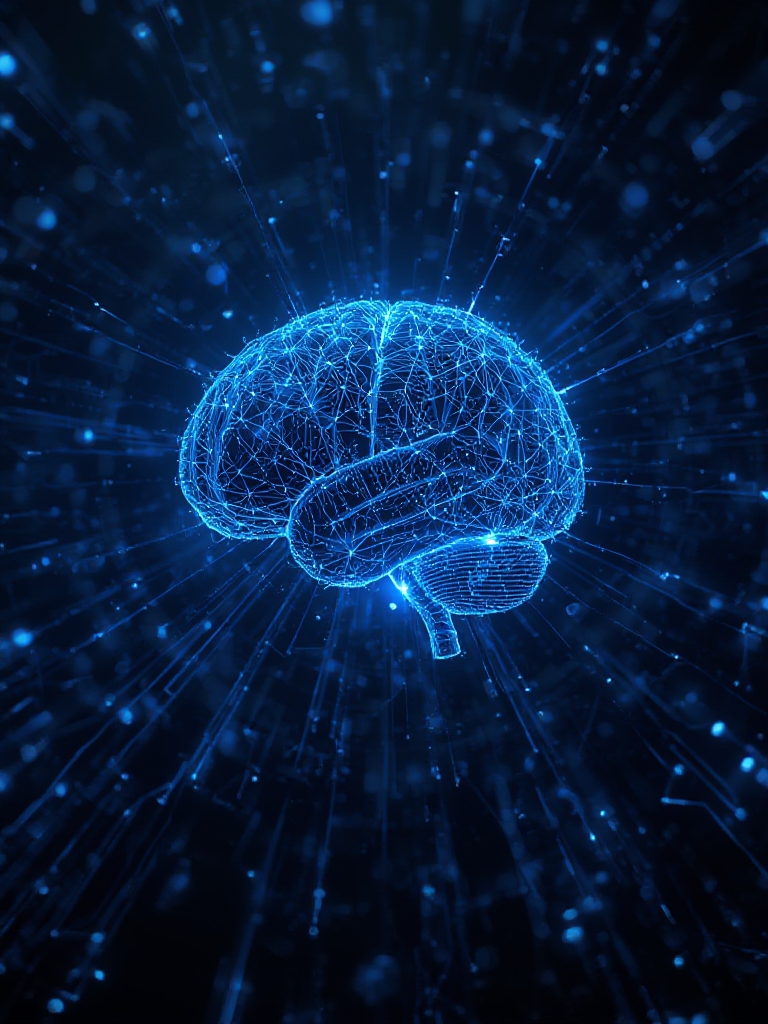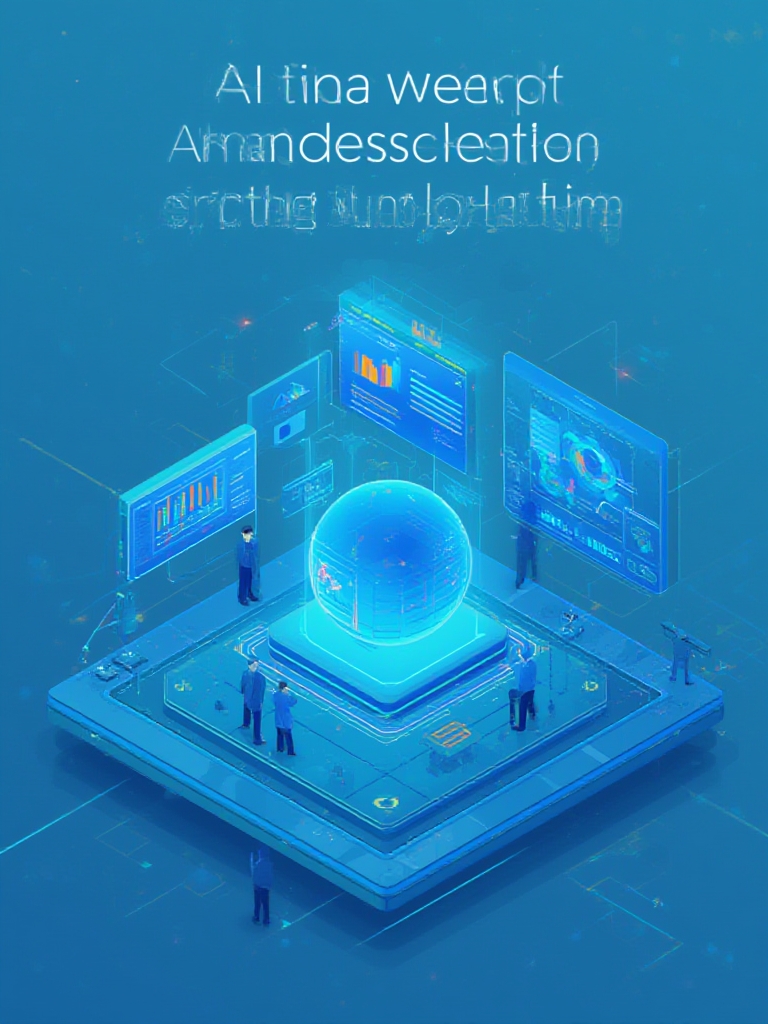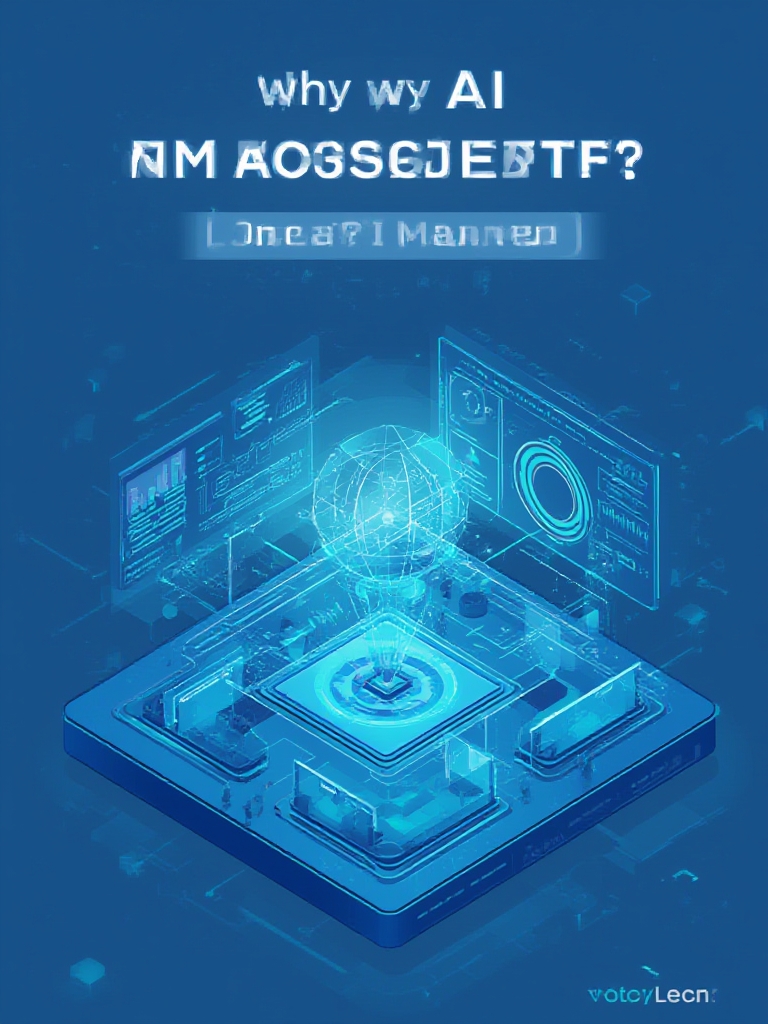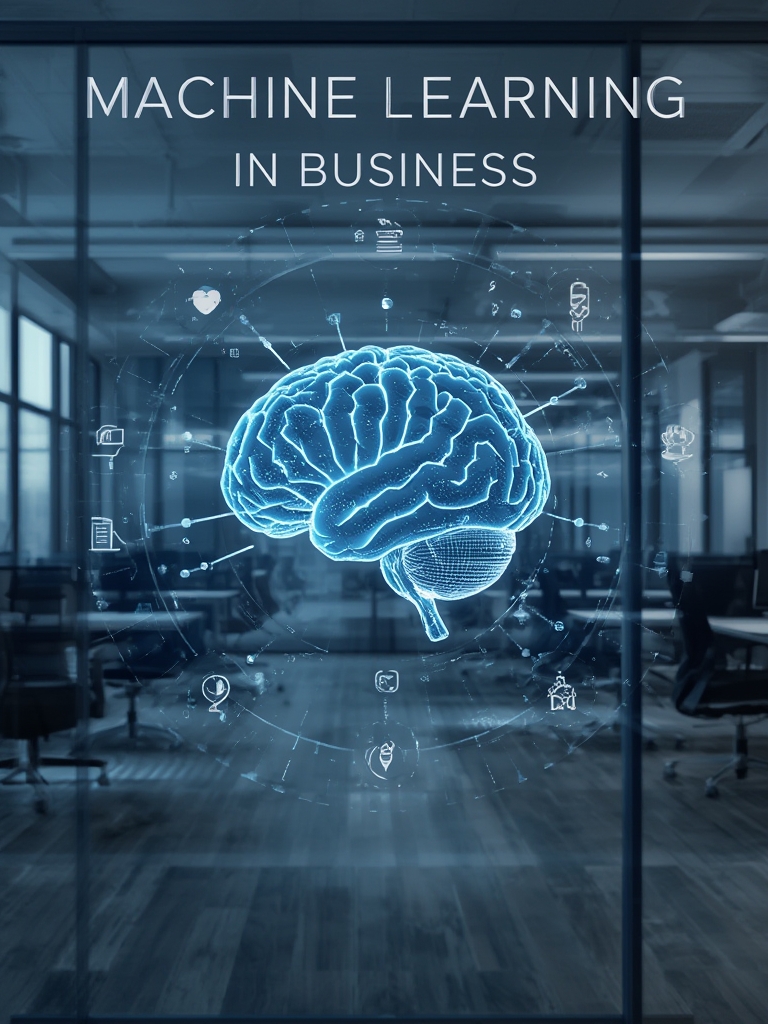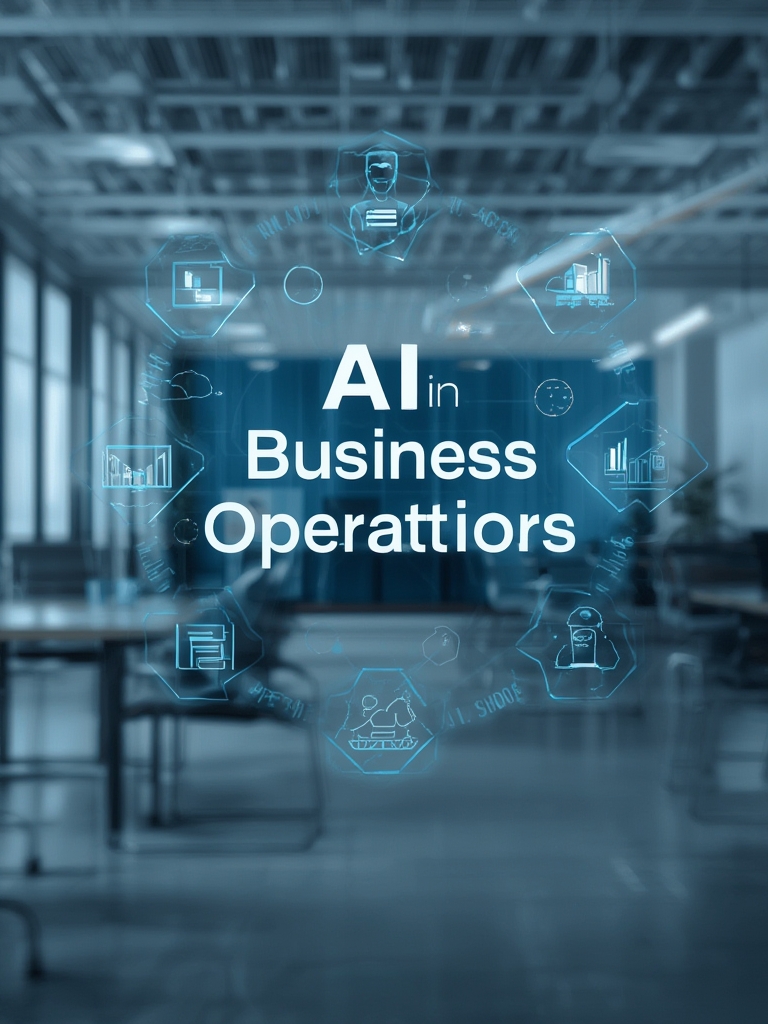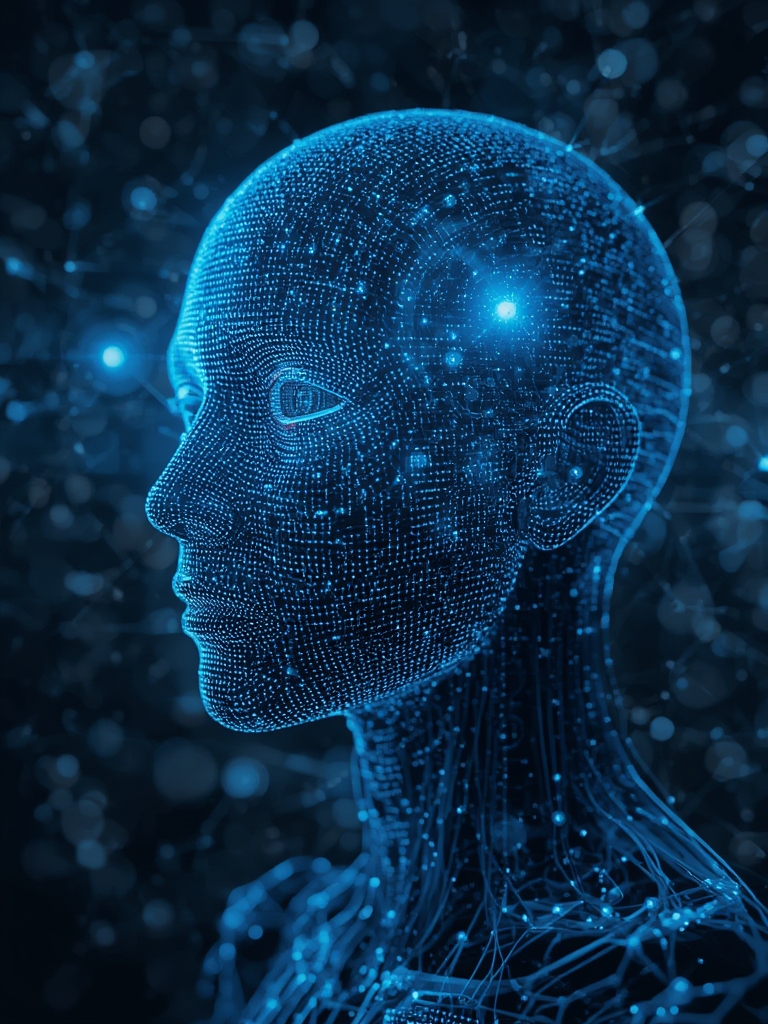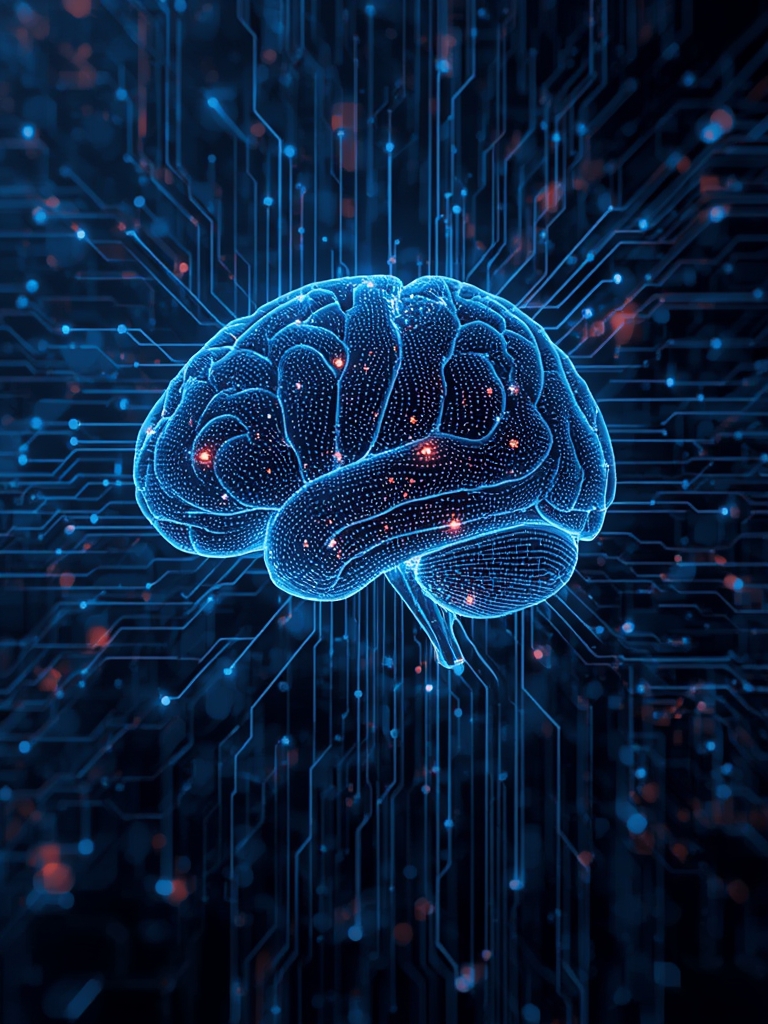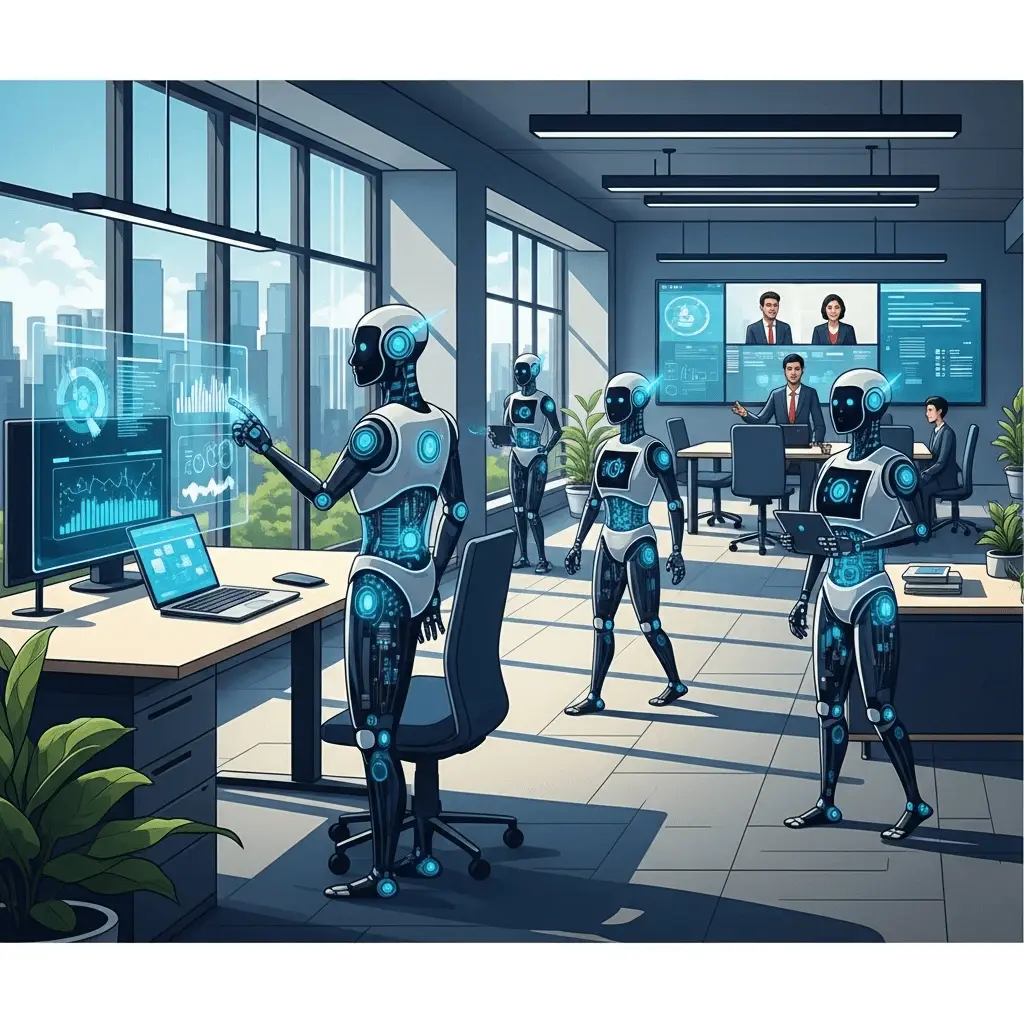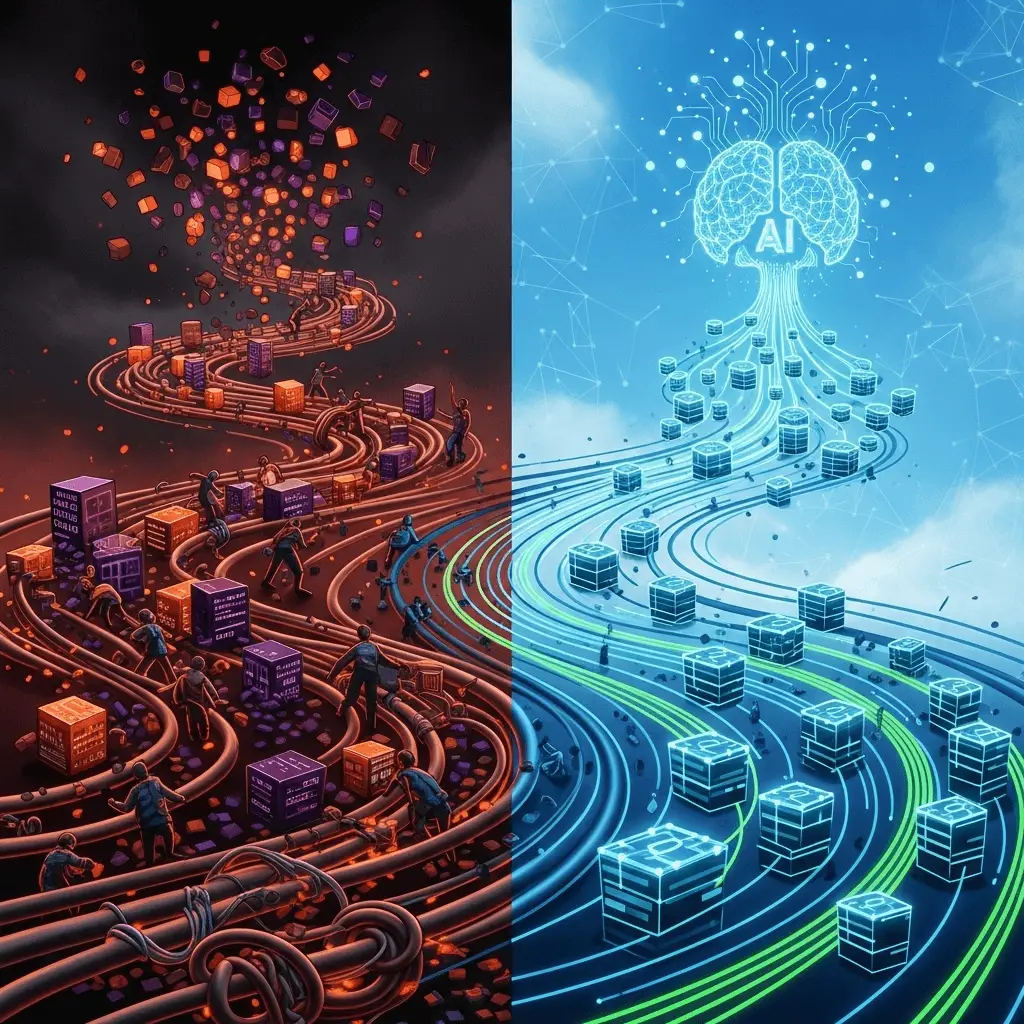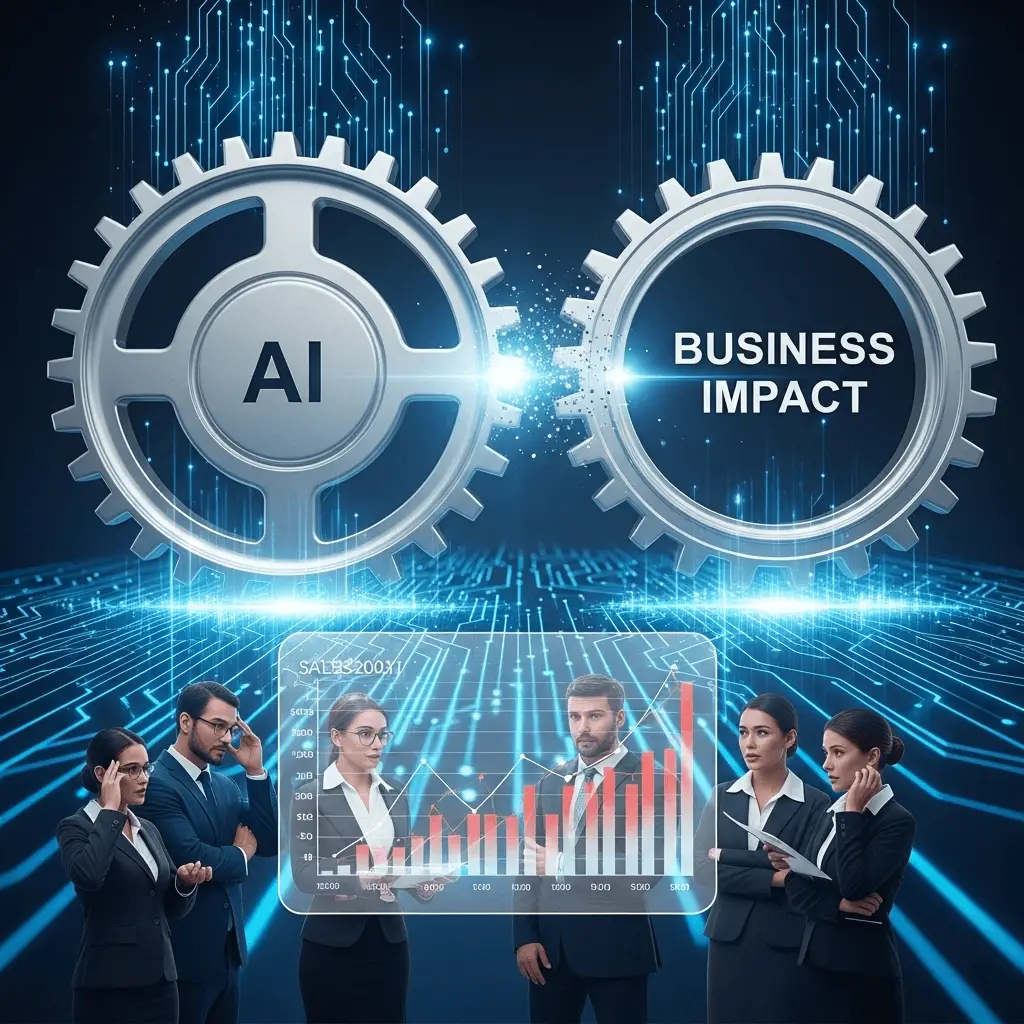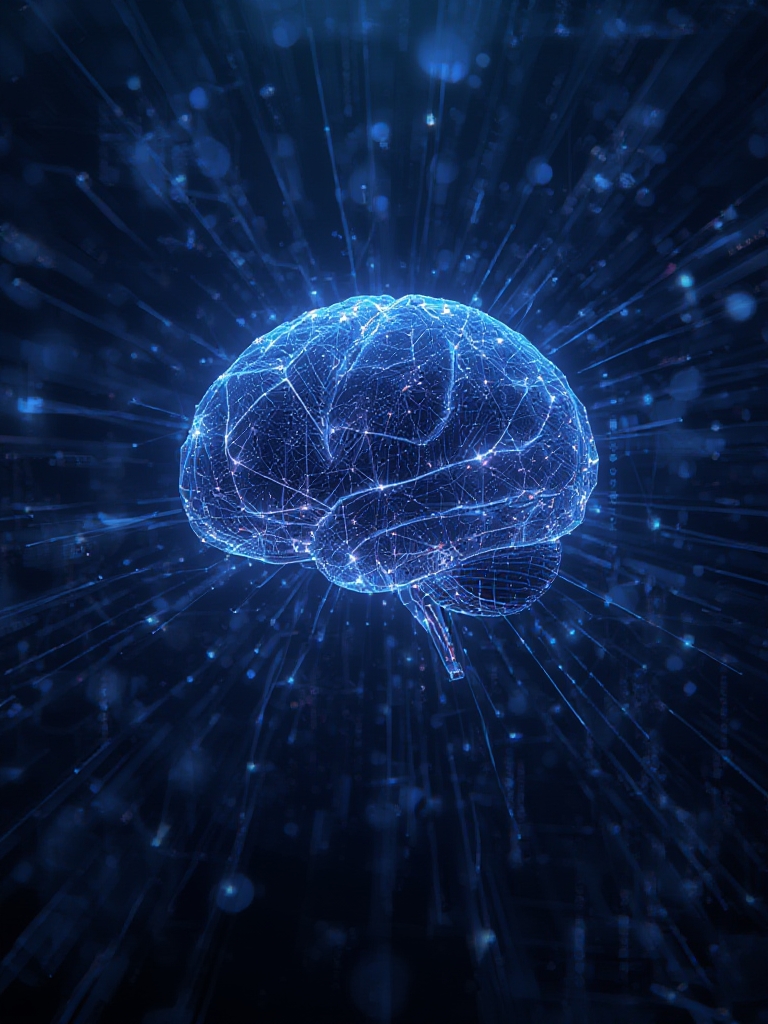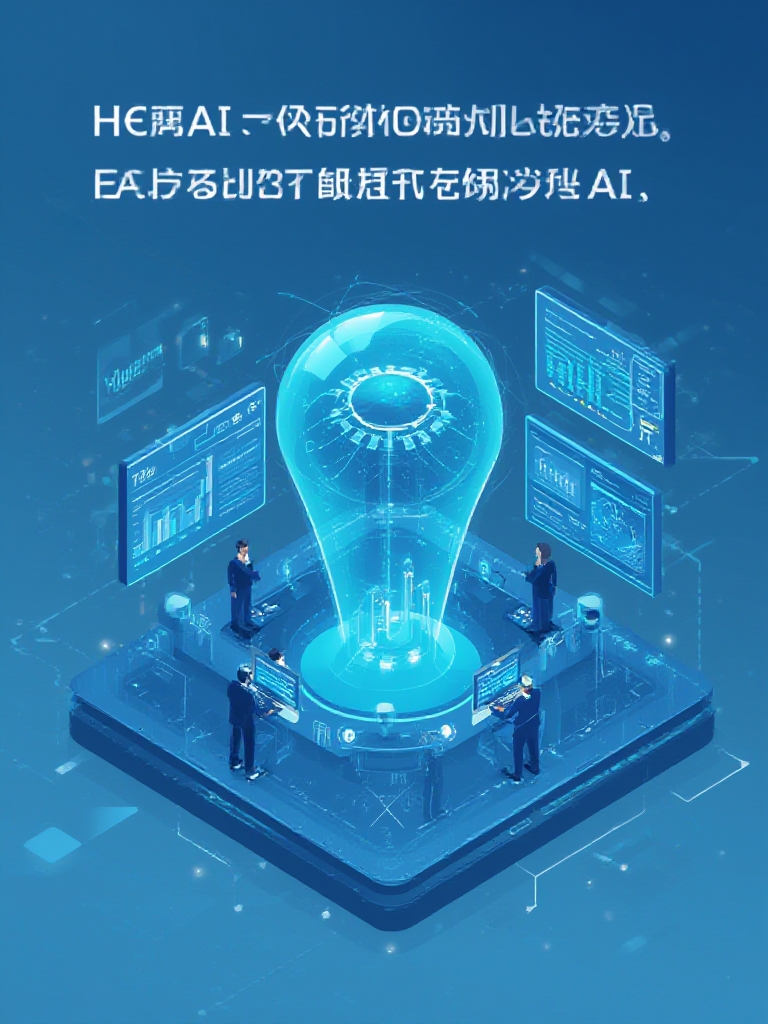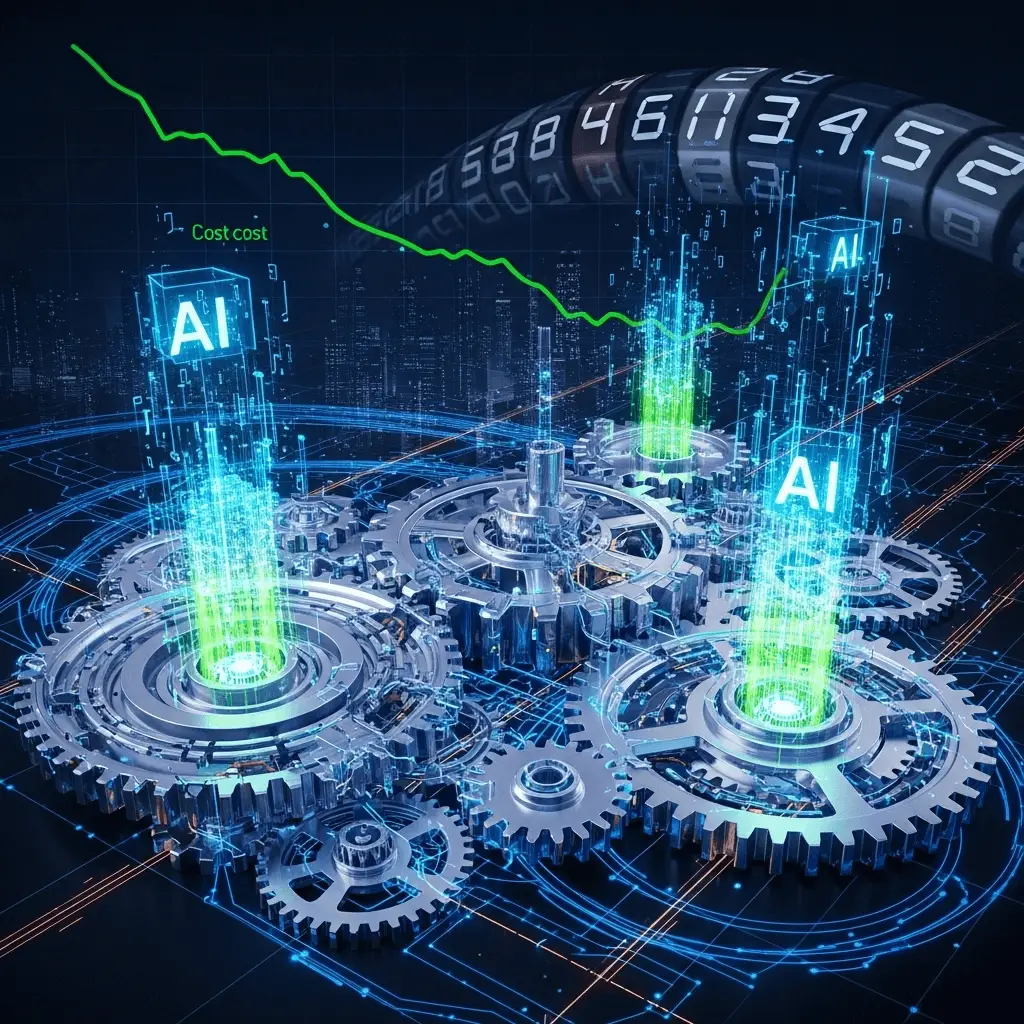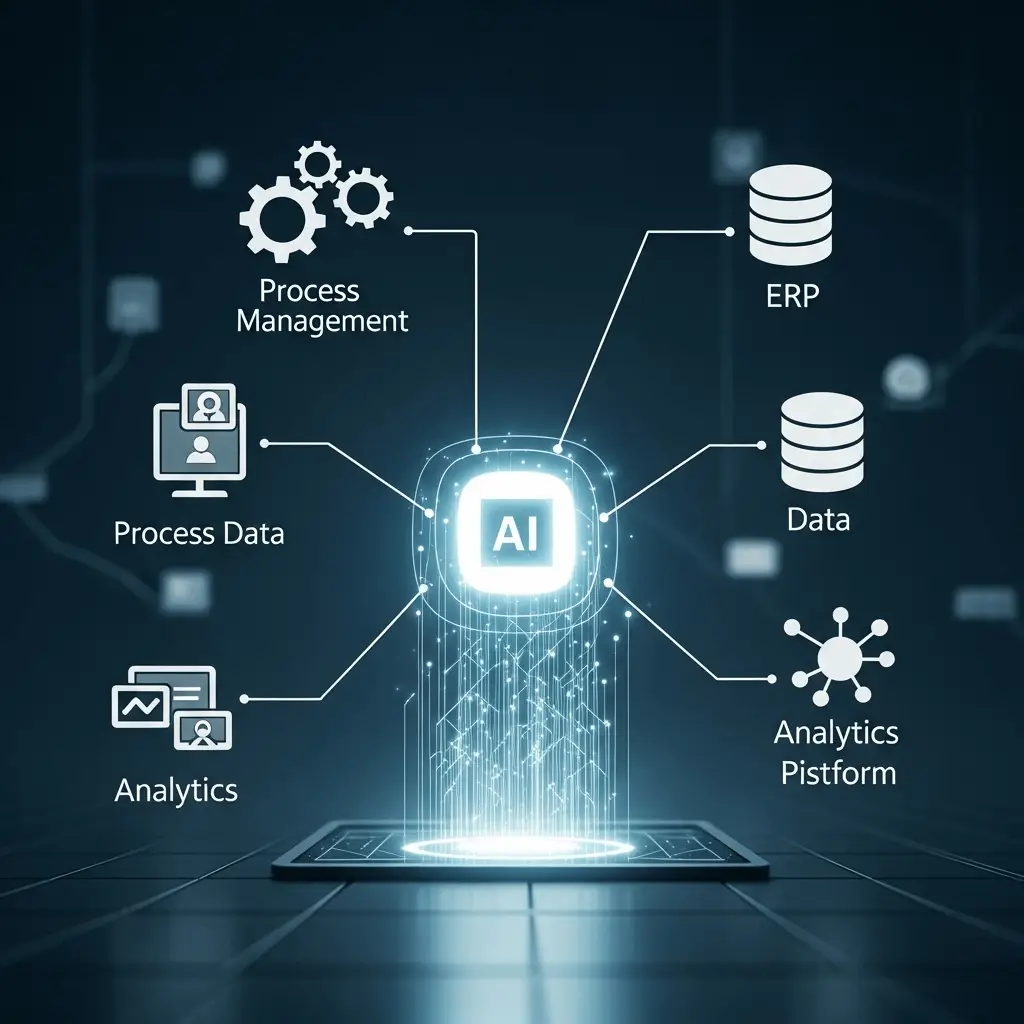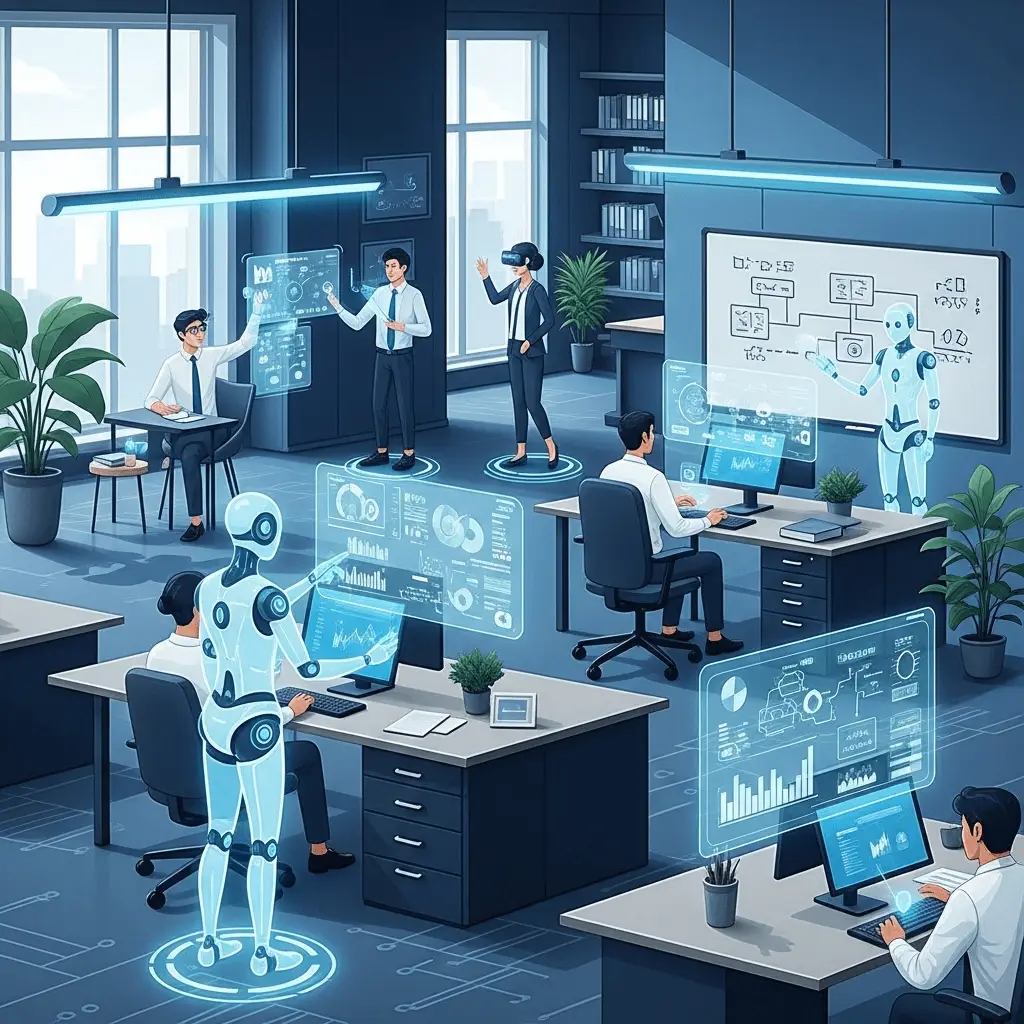Unlocking Efficiency: How AI is Revolutionizing App Development Costs & Time

The Dawn of a New Era in App Development
In today’s fast-paced digital landscape, businesses are under constant pressure to deliver innovative applications quickly and cost-effectively. Traditional app development, while robust, often grapples with challenges like extensive manual coding, debugging, and testing, all of which contribute to higher costs and longer timelines. Enter Artificial Intelligence (AI) – a transformative force poised to revolutionize how applications are built, ushering in an era of unprecedented efficiency, quality, and innovation.
AI’s role in app development isn’t just about buzzwords; it’s about practical applications that directly address these pain points. By strategically integrating AI, organizations can significantly reduce development costs, shorten time-to-market, and elevate the quality of their digital products.
How AI Slashes Costs and Accelerates Timelines
The core of AI’s impact lies in its ability to augment human capabilities and automate complex processes. Here’s a closer look at the key mechanisms:
1. Automation of Repetitive and Tedious Tasks
One of the most significant advantages of AI in software development is its capacity to automate mundane yet critical tasks. This frees up human developers to focus on more complex, creative, and strategic aspects of product creation.
- Code Generation and Autocompletion: AI-powered tools, such as intelligent IDEs and coding assistants, can suggest code snippets, complete functions, and even generate boilerplate code based on context and patterns. This drastically reduces manual coding time and potential errors.
- Automated Testing: AI can generate test cases, prioritize tests based on risk, and even perform exploratory testing to uncover subtle bugs that human testers might miss. This accelerates the quality assurance (QA) process and ensures higher code reliability.
- Deployment & Operations (DevOps): AI can optimize CI/CD pipelines, predict system failures before they occur, and automate deployment processes, leading to faster, more reliable releases and reduced operational overhead.
2. Enhanced Decision-Making Through Data Analysis
AI’s ability to process and analyze vast amounts of data provides invaluable insights, leading to smarter, data-driven decisions throughout the development lifecycle.
- Requirements Analysis: AI can analyze user feedback, market trends, and existing data to help define clearer, more effective application requirements, reducing the risk of developing features nobody needs.
- Resource Optimization: By analyzing project data, AI can help predict project timelines, allocate resources more efficiently, and identify potential bottlenecks or scope creep early on.
- Predictive Analytics for Bug Detection: AI models can learn from past codebases and bug reports to predict where new errors are likely to occur, allowing developers to address vulnerabilities proactively rather than reactively.
3. Ensuring Higher-Quality Outcomes
Beyond speed and cost, AI also plays a crucial role in elevating the overall quality and performance of applications.
- Code Quality and Refactoring: AI tools can analyze code for best practices, identify technical debt, suggest refactoring opportunities, and even detect security vulnerabilities, leading to more robust and maintainable applications.
- Performance Optimization: AI can pinpoint performance bottlenecks within an application’s architecture or code, suggesting improvements that lead to faster, more responsive user experiences.
- Personalized User Experiences: For certain applications, AI can enable dynamic content delivery, personalized recommendations, and adaptive interfaces, creating a more engaging and satisfying experience for end-users.
The Future is Now: Embracing AI in Development
The integration of AI into app development isn’t just a trend; it’s a strategic imperative for organizations looking to stay competitive. By embracing AI, companies can:
- Achieve Faster Time-to-Market: Get innovative products into users’ hands quicker than ever before.
- Reduce Operational Costs: Minimize expenses associated with manual labor, testing, and error resolution.
- Foster Innovation: Empower developers to focus on creative problem-solving and unique features, rather than repetitive tasks.
- Deliver Superior Products: Ensure higher quality, more secure, and better-performing applications.
While AI won’t replace human developers, it will undoubtedly transform their roles, turning them into orchestrators of intelligent systems. The synergy between human ingenuity and AI efficiency is the key to unlocking the next generation of application development.


